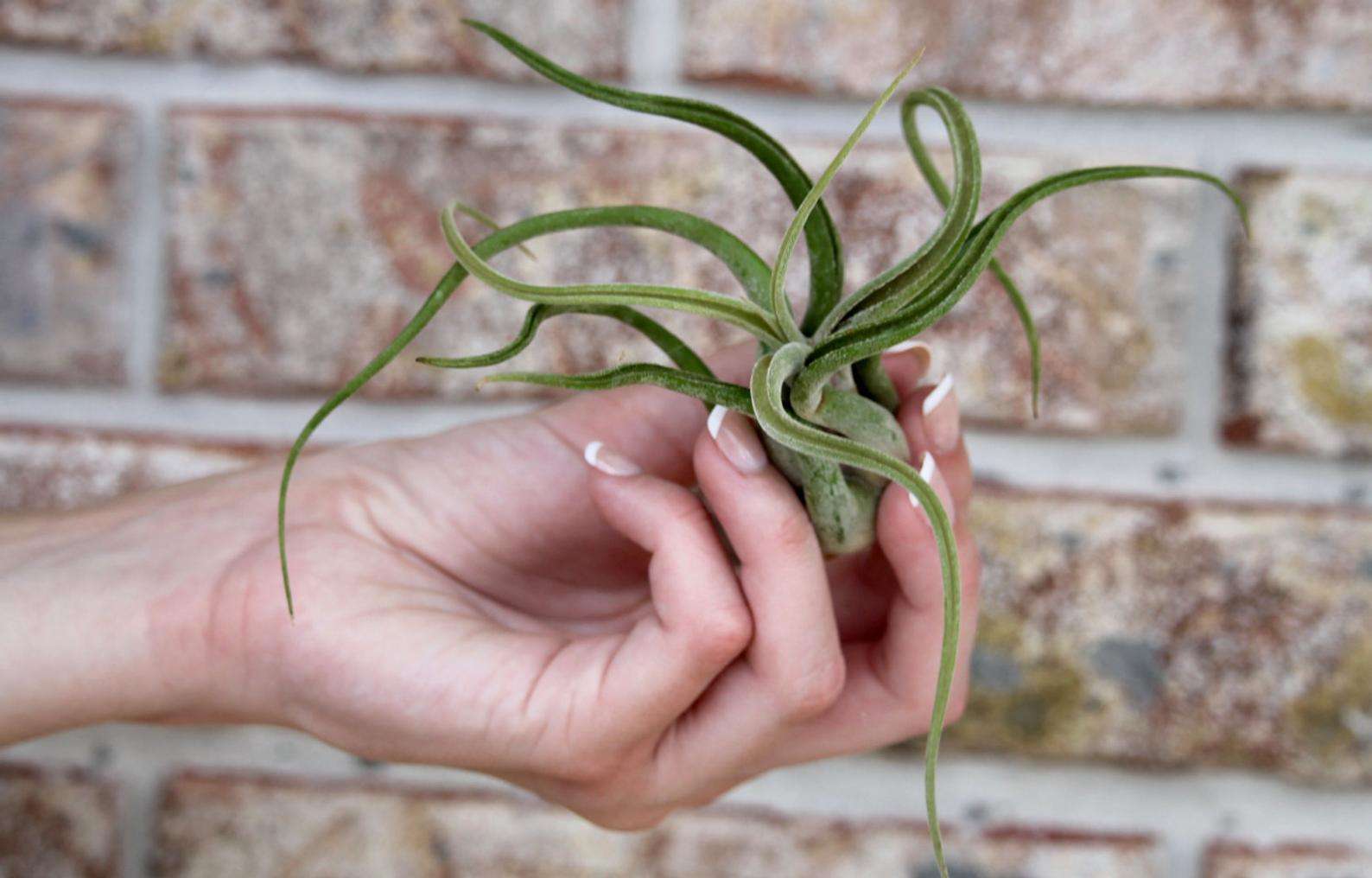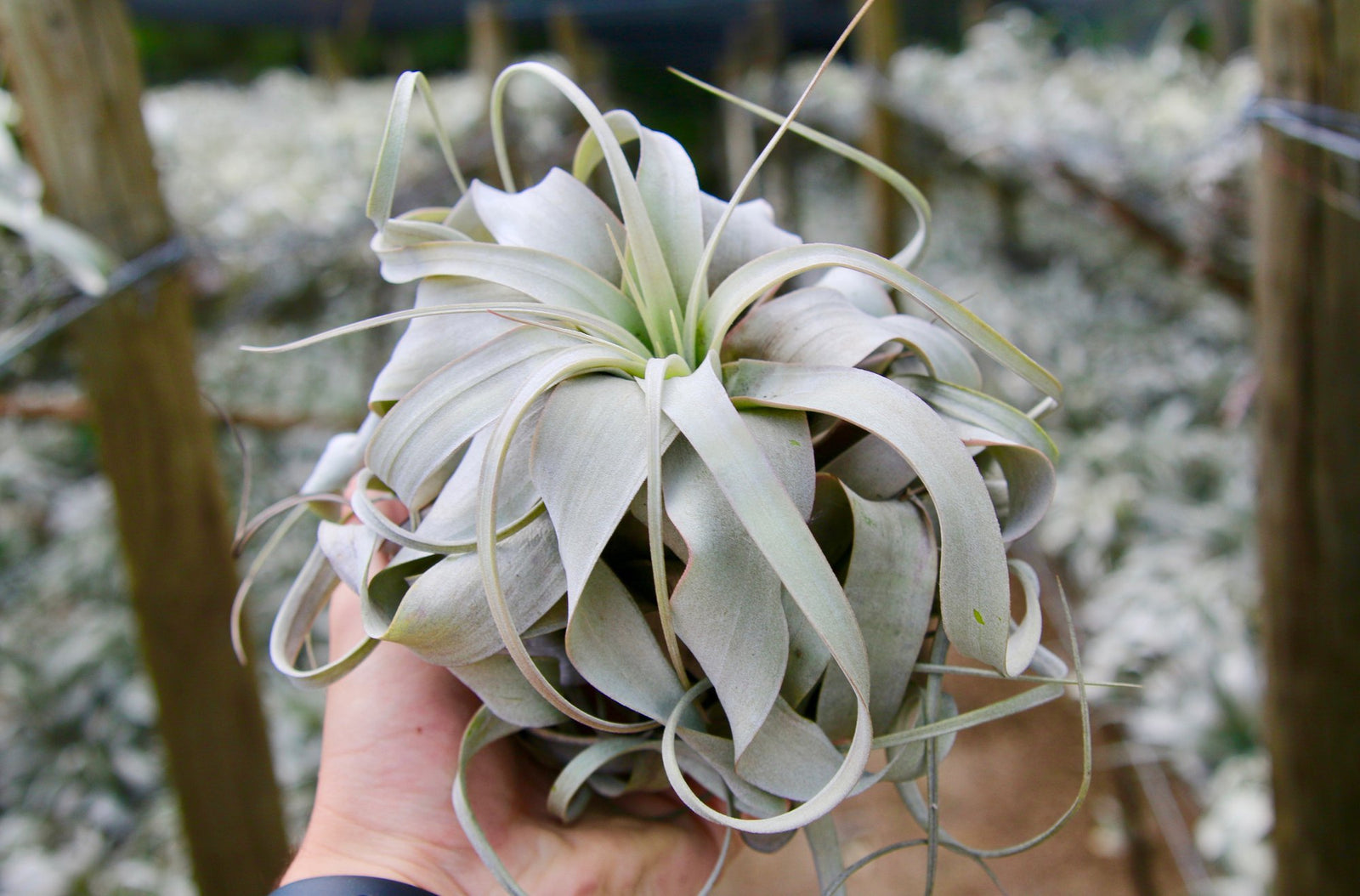Menu
-
- Home
- Contact
- Search
-
Shop
- Live Feeder Insects
-
Supplies
- Habitats
- Feeders
- Feeders and Microfauna Breeding Supplies
- Bioactive Kits
- Bioactive Supplies
- Containers
- Insect Culture Cups
- Insect Culturing Cups and Lids
- Classroom Projects
- Live Air Plants bioactive
- Substrates
- Lighting and Heating
- Cages, Habitats, Bug Boxes, Vivariums, Insectariums
- Bark
- Shipping supplies, Heat packs, cold packs, containers
- Bio-Active
- Plants
- Mantis Gallery
- Usmantis Reviews
- Praying Mantis
- Mantis
- Praying Mantis eggs ootheca for pest control
- BioActive Supplies
- Beneficial Insects
- Help Videos
- Top 5 Praying mantis as pets,
- Blog
-
Shop By Family
- Praying Mantis
- Care Sheets
- Track Order
- Live Feeder Insects
- Wholesale prices for bulk orders
- FAQ
- Galleries of Mantis Videos
-
- Home
- Search
- About us
- Shipping
- Refund Policy
- Track Orders
- Contact us
- Blog
- Beneficial Insects
- Sitemap
- Reviews
-
Film production resources
- Wholesale
- FAQ
- Login
-
English



Live Air Plants bioactive
Air plants, epiphytes, tillandsias, bromeliads and orchids can be the perfect choice for your vivarium. Bioactive Perfect for most mantids and other pets or just for your home.
Most commonly used in vivariums, these plants can also be grown as a houseplant or in a terrarium. As a house plant, they can be potted Or mounted on cork bark or potted , in which they will grow out their roots in time to absorb nutrients. Likewise, as in a vivarium, they can be affixed to the wall of a terrarium in which they will send out roots over time to attach themselves. Their central cones should still be flushed with water every week or so, as this is their main means of naturally acquiring water in the wild.
Add some Life to your Life
Air plants are usually divided into two categories: mesic and xeric, and much of what puts them in one category or the other are the quantity and size of their trichomes.
Mesic tillandsia are native to moderately humid regions like Central and South American rainforests. They prefer more filtered light than xeric types. The leaves of mesic air plants are deeper green and smoother due to smaller and fewer trichomes.
Xeric air plants are from drier, more desert-like climates. Their leaves have a higher concentration of trichomes that are larger in size compared to the mesics, giving them a gray or fuzzy appearance. Often their leaves are wider to allow more surface area for absorbing water and light.
Subscribe
Sign up to get the latest on sales, new releases and more …
Invalid Password
Enter

